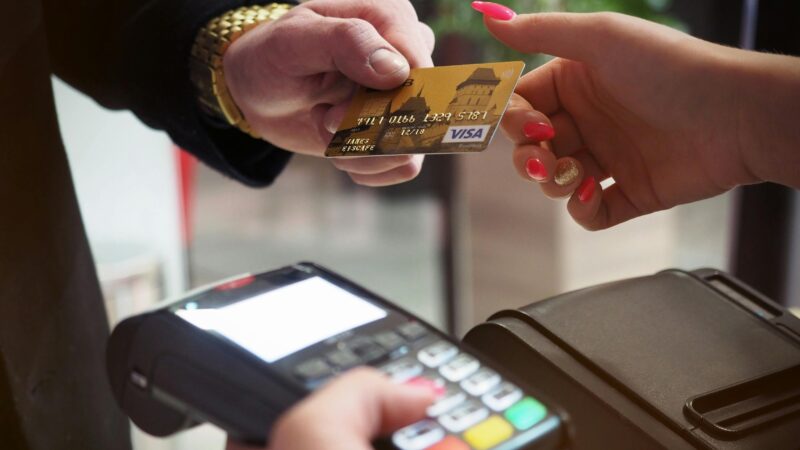Unraveling the Mysteries of Blockchain Technology: How It’s Changing the World

Blockchain technology is revolutionizing the way we think about money, trust, and security. Originally developed as the underlying technology for the cryptocurrency Bitcoin, blockchain has grown far beyond its humble beginnings to become a versatile tool with countless applications across various industries.
At its core, blockchain is simply a decentralized, digital ledger that records transactions in a secure and transparent manner. Unlike traditional financial systems where a central authority (such as a bank) verifies and processes transactions, blockchain allows for peer-to-peer transactions to occur directly between users. These transactions are then grouped into blocks, cryptographically linked to the previous block, and stored in a continuous chain of data.
One of the key features of blockchain technology is its immutability. Once a transaction is recorded on the blockchain, it cannot be altered or tampered with. This makes blockchain an ideal system for ensuring the integrity and trustworthiness of data. Businesses and organizations are using blockchain to securely track and verify the authenticity of goods, streamline supply chain operations, and prevent fraud.
Another benefit of blockchain technology is its transparency. Because all transactions are recorded on a public ledger that is accessible to all participants, blockchain allows for greater accountability and reduces the risk of corruption. This has led to the adoption of blockchain in voting systems, where it can help ensure fair and transparent elections.
Additionally, blockchain technology is enabling new forms of digital identity verification and authentication. By using blockchain to store and manage personal data, individuals can have greater control over their information and how it is shared with third parties. This has the potential to revolutionize the way we interact with digital services and protect our privacy online.
In the financial sector, blockchain technology is disrupting traditional banking systems by enabling faster, cheaper, and more secure transactions. With blockchain, individuals can transfer money globally without the need for intermediaries, such as banks or payment processors. This has the potential to reduce transaction costs and improve financial inclusion for underserved populations.
Overall, blockchain technology is changing the world by providing a more secure, transparent, and efficient way to conduct transactions and manage data. As more industries and businesses adopt blockchain solutions, we can expect to see even more innovations and advancements in the way we interact with technology. The mysteries of blockchain are slowly unraveling, revealing a world of endless possibilities for a decentralized and interconnected future.






